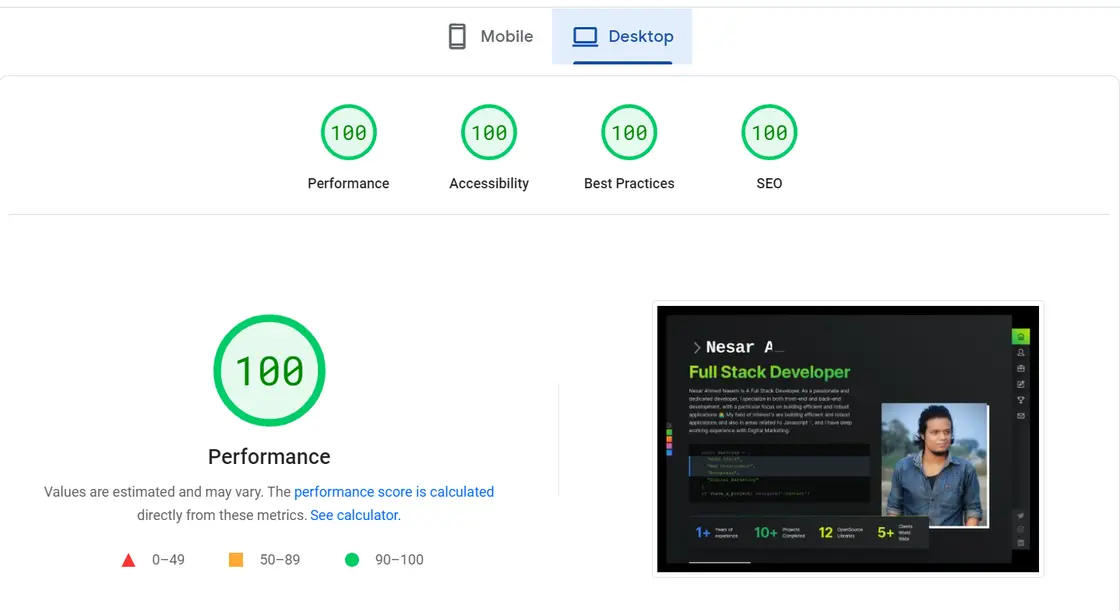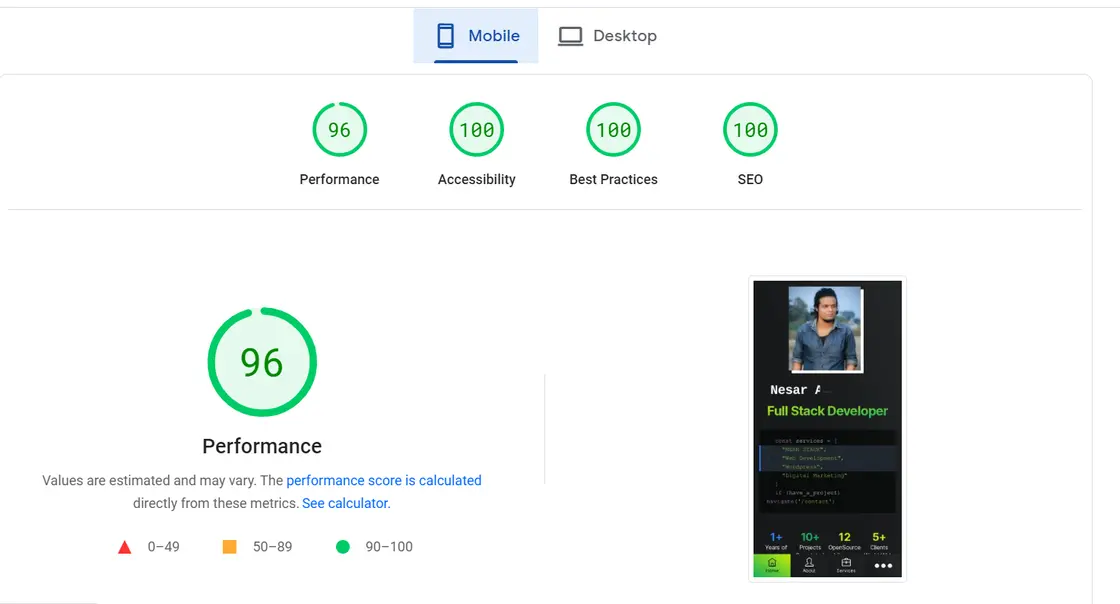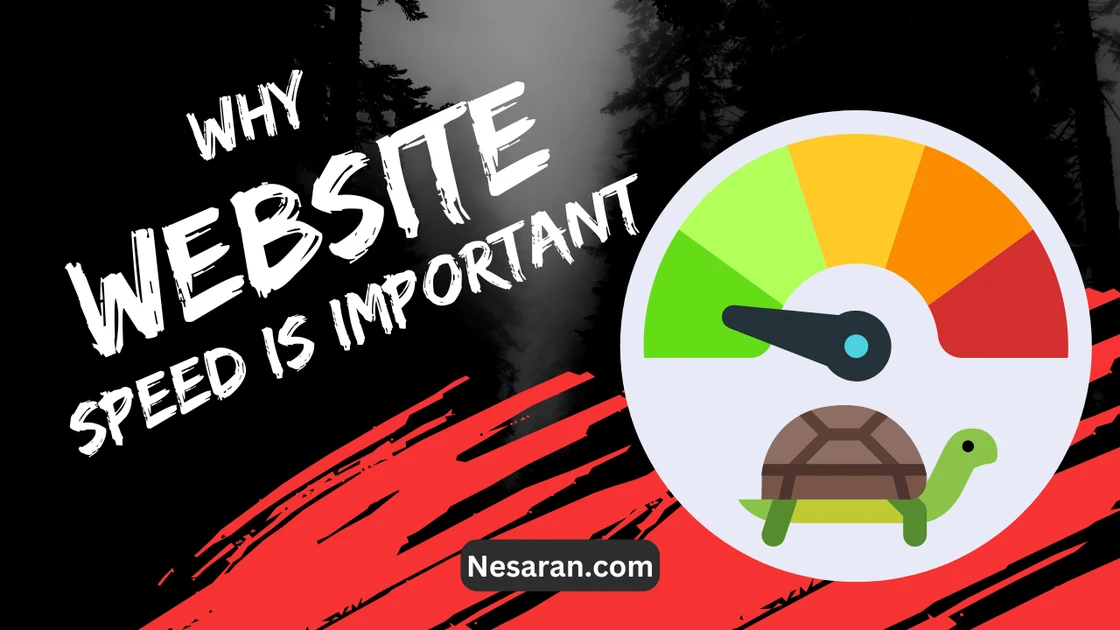Why Website Speed is important? | The Key to Unlocking Online Success
- 1. Introduction:
In today’s fast-paced digital world, where instant access to information and seamless user experiences are the norm, webpage speed plays a crucial role. The speed at which a webpage loads can significantly impact user experience, search engine rankings, and overall business success. In this article, we will explore why webpage speed is important and provide valuable insights into improving it.

- 2. Importance of Webpage Speed:


Webpage speed is vital for several reasons. First and foremost, it directly influences user experience. When a webpage takes too long to load, visitors are more likely to abandon it, resulting in a high bounce rate. A slow-loading website frustrates users and negatively impacts their perception of your brand or business. On the other hand, a fast-loading website engages visitors, improves their satisfaction, and encourages them to explore further.
- 3. Impact on User Experience:
A seamless user experience is paramount to keeping visitors engaged and converting them into customers or loyal readers. Slow-loading pages disrupt this experience, causing frustration and diminishing trust. Studies have shown that even a one-second delay in page load time can lead to a significant drop in conversion rates. Users expect instant gratification, and any delay can prompt them to seek alternatives.
- 4. Impact on Search Engine Optimization (SEO):
Webpage speed directly affects search engine optimization (SEO) and organic traffic. Search engines like Google consider page speed as a ranking factor because they strive to deliver the best user experience. A slow website may receive lower search engine rankings, reducing its visibility and organic traffic. Conversely, a fast-loading webpage tends to rank higher, leading to increased organic traffic and improved online visibility.
- 5. Impact on Conversions and Sales
Webpage speed has a direct correlation with conversions and sales. When an e-commerce website loads slowly, potential customers are more likely to abandon their shopping carts and seek faster alternatives. Research has revealed that even a small delay in page load time can have a significant negative impact on conversion rates and overall revenue. By improving webpage speed, businesses can enhance their chances of capturing and retaining customers.
- 6. Factors Affecting Webpage Speed
Several factors contribute to webpage speed. One key factor is the size and complexity of the webpage’s content. Large images, videos, and complex scripts can significantly slow down page loading times. Poor server configuration, inadequate hosting resources, and excessive HTTP requests are other factors that affect webpage speed. Additionally, the geographical location of the server and the user also influence how quickly a webpage loads.
- 7. Tips for Improving Webpage Speed
To ensure optimal webpage speed, consider implementing the following tips:
- Optimize Image Size: Compress and resize images to reduce their file size without compromising quality.
- Enable Browser Caching: Leverage browser caching to store static files and reduce the need for repeated downloads.
- Minify CSS and JavaScript: Remove unnecessary characters and spaces from CSS and JavaScript files to reduce their size.
- Use Content Delivery Networks (CDNs): CDNs distribute website content across multiple servers, reducing latency and improving loading speed.
- Reduce Redirects: Minimize the number of redirects, as each redirect adds to the page load time.
- Enable GZIP Compression: Compress website files before sending them to the user’s browser, reducing the overall file size.
- Upgrade Hosting Resources: Ensure your website is hosted on a server that can handle the expected traffic and resource demands.
- Implement Lazy Loading: Load content only when it’s needed, such as images or videos when they come into the user’s viewport.
- 8. The Role of Content Delivery Networks (CDNs)
Content Delivery Networks (CDNs) play a vital role in improving webpage speed. CDNs cache website content on servers strategically located worldwide, ensuring that content is delivered to users from the server closest to them. By reducing the distance between the user and the server, CDNs minimize latency and accelerate content delivery, resulting in faster webpage loading times.
- 9. Mobile Optimization
With the increasing use of mobile devices, optimizing webpage speed for mobile platforms is crucial. Mobile users often have limited bandwidth and slower internet connections, making speedy page loading even more critical. Responsive web design, efficient coding practices, and mobile-specific optimizations can enhance the mobile user experience and prevent potential customers from abandoning slow-loading websites.
- 10. Testing and Monitoring Webpage Speed
Regular testing and monitoring of webpage speed are essential to identify performance bottlenecks and areas for improvement. Various online tools, such as Google PageSpeed Insights, GTmetrix, and Pingdom, can provide insights into your webpage’s speed and suggest optimizations. Continuously monitoring webpage speed allows you to address any issues promptly and maintain an optimal user experience.
- 11. Case Studies and Statistics
Numerous case studies and statistics demonstrate the impact of webpage speed on various metrics. For example, Amazon reported a 1% decrease in revenue for every 100-millisecond increase in page load time. Furthermore, according to Google, a bounce rate increases by 32% if a webpage takes 3 seconds to load. These figures highlight the importance of prioritizing webpage speed for businesses.
- 12. Conclusion
Webpage speed is a critical factor for success in the digital landscape. It directly impacts user experience, search engine rankings, conversions, and sales. By understanding the importance of webpage speed and implementing optimization techniques, businesses can provide a seamless experience to their users, improve their online visibility, and boost their bottom line.
–FAQs
- Why is webpage speed important for SEO?
Webpage speed is crucial for SEO as search engines prioritize fast-loading websites, resulting in higher rankings and increased organic traffic.
- How can I test my webpage’s speed?
You can use online tools like Google PageSpeed Insights, GTmetrix, or Pingdom to test and analyze your webpage’s speed.
- Does webpage speed affect mobile users more than desktop users?
Yes, webpage speed is even more critical for mobile users due to limited bandwidth and slower internet connections.
- What is the ideal page load time?
Ideally, a webpage should load within 2-3 seconds. Any delay beyond that may result in higher bounce rates and reduced conversions.
- Are CDNs necessary for improving webpage speed?
Content Delivery Networks (CDNs) can significantly improve webpage speed by reducing latency and accelerating content delivery, making them highly recommended for businesses.
–More Questions?
If you have any additional questions, please feel free to contact me through my preferred channel. I will do my best to provide you with helpful answers. Thank you.





